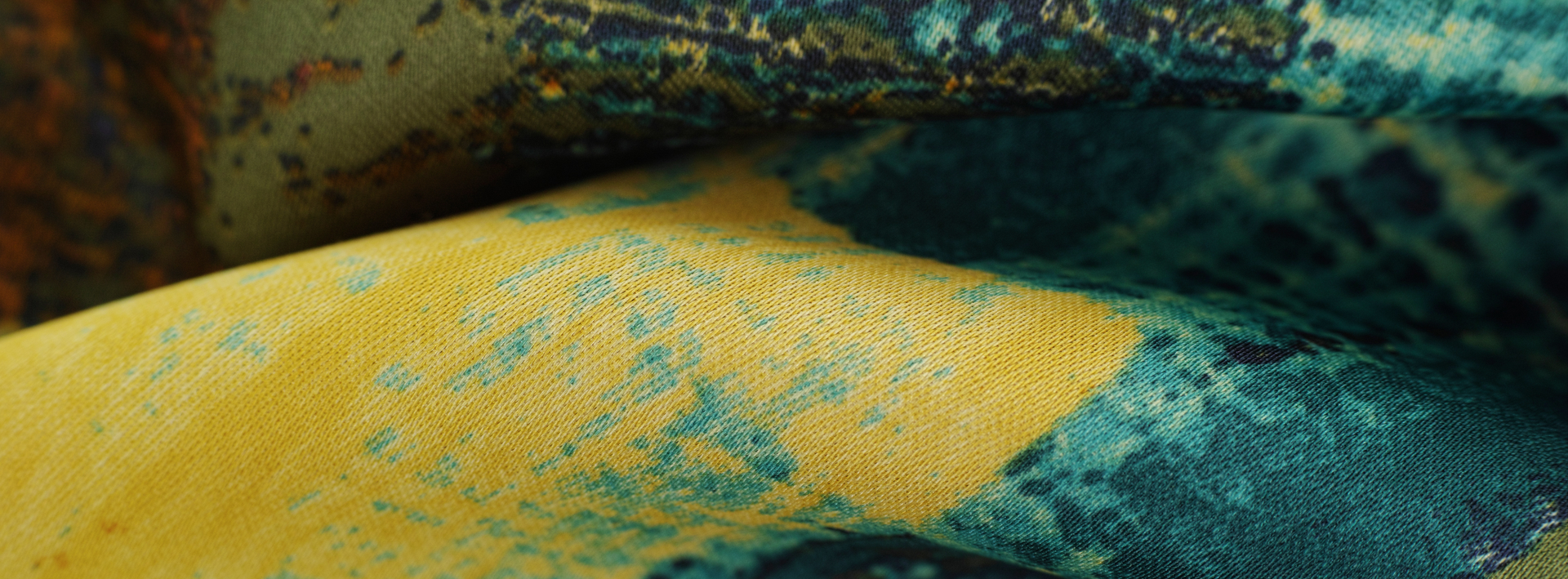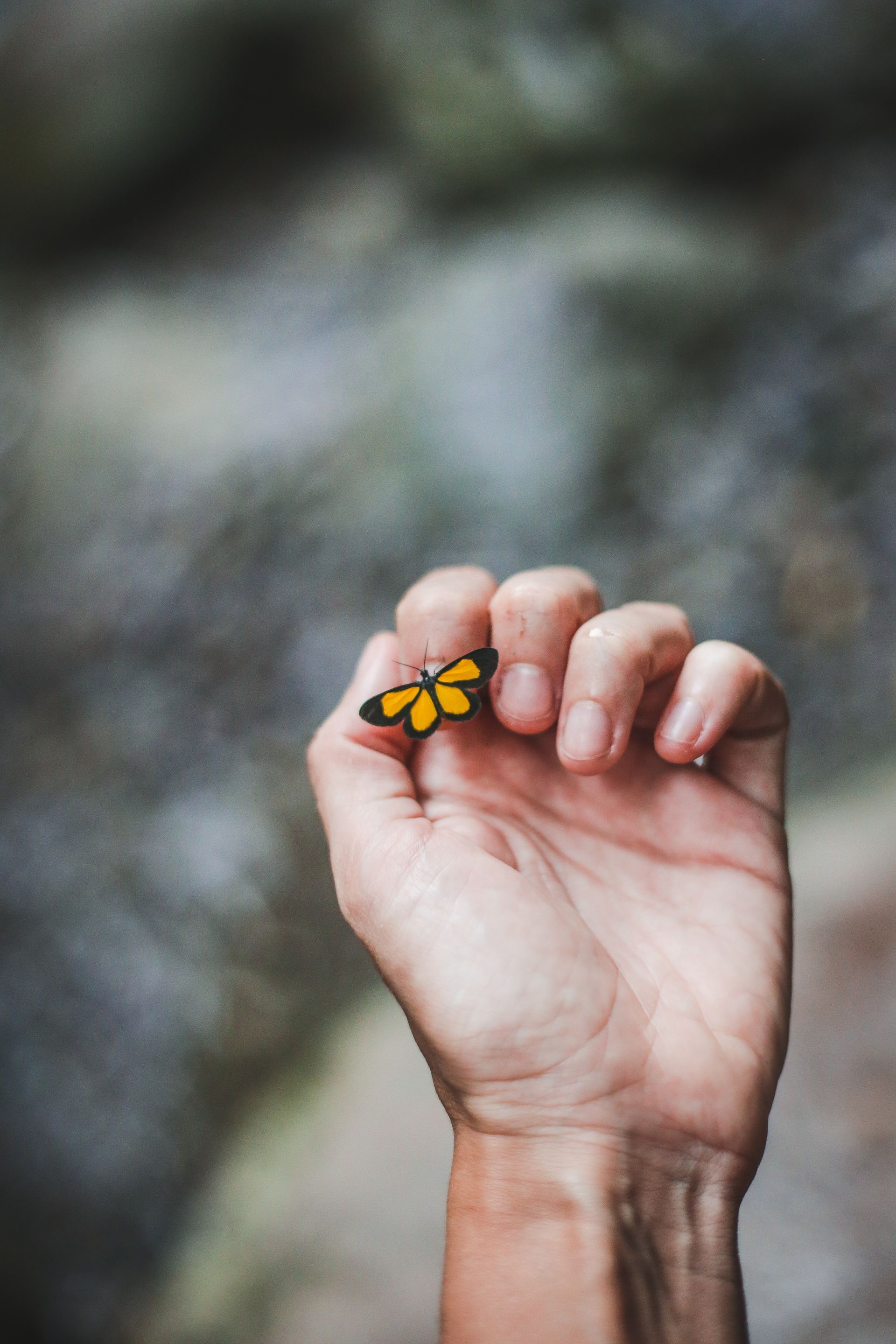The Shroud of Covid
Share this Article
As I reflect on the effects of Covid, it seems we may have moved into a collective shroud. Typically, a shroud refers to an item, such as a cloth, that covers or protects some other object. The term is most often used in reference to burial sheets, mound shroud, grave clothes, winding-cloths, or winding-sheets, such as the famous Shroud of Turin [1], the tachrichim that Jews are dressed in for burial, or the white cotton kaffan sheets Muslims are wrapped in for burial.
Metaphorically, what if we see covid as a shroud that covered and isolated each of us to awaken or transition or face our deepest concerns. Notwithstanding the tens of millions who died and exponentially higher number that suffer through the ill effects of the virus, there are billions of people on this planet that are no longer the person they were before the pandemic. The number of people who soul searched into awareness concerning their marriage, their work beliefs, their career goals, and their aspirations alone is an astounding shift of perspective of what is most important for the world.

A New World
Hungarian-American psychiatrist Ivan Boszormenyi-Nagy [2] developed the concept of “invisible loyalties”. Invisible loyalties are characteristics and behavior, usually those which govern or impact our relationships with ourselves and others, which are passed down through generations—not by choice, but unconsciously, and often detrimentally, as unwitting homage to those who came before. For example, embedded beliefs about work, family, marriage, etc. that unconsciously filter what we are supposed to do.
The whole theory might seem damning at first, but there is hope: invisible loyalties thrive as long as they remain unconscious, unquestioned, and unchallenged; however, once we become conscious of this unconscious process, we can also consciously choose to act differently. We can acknowledge that these attitudes and behaviors do not serve us well in all circumstances, and we can choose to try something different.
It seems that the shroud of covid afforded or imposed a conscious review of the underlying and driving beliefs related to day-to-day life. Under this shroud, we let go of invisible loyalties—and their dysfunctional consequences in our lives and relationships—by developing cultivating visible loyalty. Or, more accurately, voluntary loyalty. The process of enacting voluntary loyalty looks different for different people, but they include a few of the same basic insights. We begin to self-define through evaluating what is true for oneself and accepting that one has the capacity and if you will allow me, the permission, to create the life that is truly one’s own.
To further understand the shroud of covid, we can review the internal sense of such internal changes by reviewing liminal spaces.
Liminal Space
Liminal space is a concept that's being talked about a lot lately. If you're like many people, you may have noticed that there are certain places or states of being in which you feel different, off, or uncomfortable. Often, these uncomfortable spaces turn out to be liminal spaces.
Fortunately, there's a reasonable explanation for why liminal space feels different. Once you know the source of your feelings about liminal spaces, you can better deal with the feeling when a place makes you a bit unsettled.
Liminal Space Definition
Liminal space is referred to as a threshold, and indeed, the etymology of liminal comes from the Latin root word "limen," which means threshold. Liminal spaces are transitional or transformative spaces. They are the waiting areas between one point in time and space and the next either in physical, emotional, mental, and potentially spiritual experiences. Often, when we are in liminal spaces, we have the feeling of just being on the verge of something.
The Shroud of Covid created a threshold between the comfortable known world we all lived in and the world that has evolved from being into the cauldron of change for the last few years. We are different as is the world.
Examples of Liminality
Liminal spaces are often physical places. In some cases, the same place may be at one time liminal and at other times not such as walks In nature. Other places may feel like a liminal space regardless of the time of day or year you visit them.
Whenever we are at a place during a time that's not usual for that space, it can feel unsettling. Or if we're in a liminal space for longer than necessary to pass through to our actual destination, we may experience that same feeling of something being "off" that we can't quite pinpoint. For example, many felt an uneasiness when forced Into remote work from home that erased the threshold between work and family, office and home, etc.
Divorce
Marriage is often seen as a beginning. The years of a marriage are a journey. Divorce, however, often happens unexpectedly, so it can leave you feeling like you don't know where you are, or sometimes even who you are. In your life journey, there are certain destinations you expect to reach, but divorce can be a way station in between the destinations you seek, especially after years of marriage. When you've devoted years of your life journey to a marriage, it can be hard to see who you are and where you're going without that marriage. Covid revealed weaknesses and appreciations In relationships that are still being negotiated.
Job Loss
Jobs are also milestone markers in your life, and a job loss is a place in between one job and another, for most people. Job loss can be an especially difficult place to be after you've been employed for a long time. Covid amplified this as the number of jobs exponentially shrank while confining people to their homes. Similarly, work habits were tested through covid as all were forced to learn to be effective in remote settings while work was transacted purely through video chats.
Moving to A New Place
Moving to a new city involves a physical move, but the liminal state you are in is very much mental space. You know exactly where you are, physically and geographically, but you don't know where you are as a person. You may not know how you fit into to this new community
Clearly remote work involved making new friends or even leaving behind gatherings you were accustomed to having around. All of these changes put us into a liminal, or threshold, space. You may have found yourself in a similar mental state if you realized you need to break yourself away from toxic work or family situations.
Liminality
You can see then that liminality is as much a state of the human mind as it is a particular place. Indeed, all the places where one gets a sense of liminality are quite usual as far as structures go. It's only in the context we give to them in our minds that they become unusual.
The liminal veil is what we call the place where a transition occurs between the threshold and the place that waits before us. A liminal space may feel confining, but often it takes only minor changes to get through to the next place.
Returning to the Covid Shroud, it covered the world for three years wherein we have learned that remote work is as productive as in office, one can be in relationship with family members in ways often forgotten, that one can self-define by evaluating unconscious beliefs that have directed your life, keeping some and letting go of the dysfunctionality inherited from cultural dynamics.
As we look at the Shroud of Covid, it is clear that it is slowly lifting throughout the world, and many have blossomed into a new person. The most important question for everyone is: Do you have the courage, determination, and fortitude to continue to self-define and therefore to create the life that is uniquely your own.

Footnotes
[1] is a length of linen cloth bearing the negative image of a man. Some describe the image as depicting Jesus of Nazareth and believe the fabric is the burial shroud in which he was wrapped after crucifixion.
[2] Boszormenyi-Nagy, I., & Spark, G. (1973; 1984). Invisible loyalties: Reciprocity in intergenerational family therapy. New York: Harper & Row. (Second edition, New York: Brunner/Mazel).
References
https://lindseyhoskins.com/the-visible-consequences-of-invisible-loyalties/









